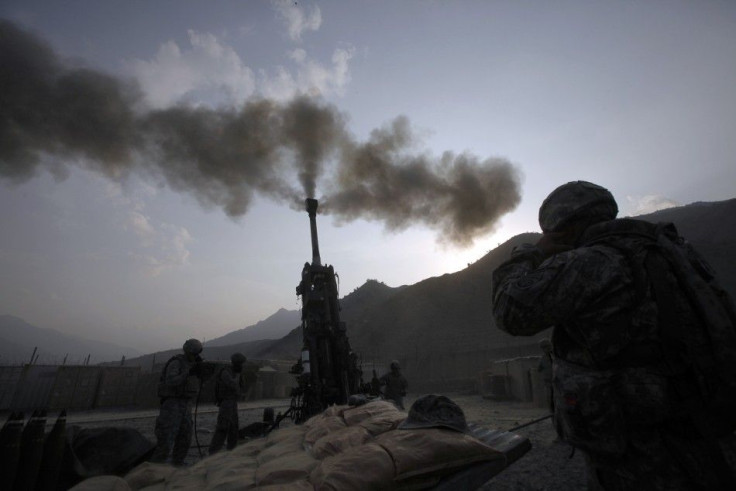Billions in Iraq, Afghanistan Spending Lost to Waste and Fraud: Commission

Government mismanagement of wartime contractors cost billions of taxpayer dollars in Iraq and Afghanistan -- and without an overhaul the abuse could continue, according to a Congressionally appointed panel of investigators.
Members of the Wartime Contracting Commission estimated that a lack of oversight of private contactors, a lack of competition for winning contracts and a culture of corruption plagued reconstruction projects and battlefield support in both countries. Those failings cost between $31 billion and $60 billion, The Associated Press reported, and panel members urged Congress to undertake reforms lest those mistakes recur.
What you're asking for is more of the same, said Dov Zakheim, a commission member and the Pentagon comptroller during President George W. Bush's first term. More waste. More fraud. More abuse.
The commission determined that contracting waste in Afghanistan ranged from 10 percent to 20 percent of the $206 billion spent there so far, with fraud -- which includes bribery and rigging bids -- comprised between 5 percent and 9 percent of the total.
It is disgusting to think that nearly a third of the billions and billions we spent on contracting was wasted or used for fraud, said Sen. McCaskill,D-Mo., who vowed to introduce legislation to ameliorate contracting oversights.
There's abundant evidence of the chaos and profiteering that characterized the reconstruction process in Iraq and Afghanistan, a time when money was flowing freely. For example, auditors found that $6.6 billion in bundles of cash to help rebuild Iraq's shattered infrastructure was stolen.
But the potential for waste and abuse remains great as Iraq and Afghanistan continue to rely heavily on U.S. aid, with a Senate report estimating that 97 percent of Afghanistan's GDP flows from foreign entities there. Also exacerbating the problem is the increased role private contractors play in supporting the military with transportation, security and a host of other functions.
We are far more reliant on contractors than we ever were, said commission member Charles Tiefer, a professor of government contracting at the University of Baltimore Law School. We always bought munitions from them. But we didn't used to buy much in the way of services from them.
© Copyright IBTimes 2024. All rights reserved.





















